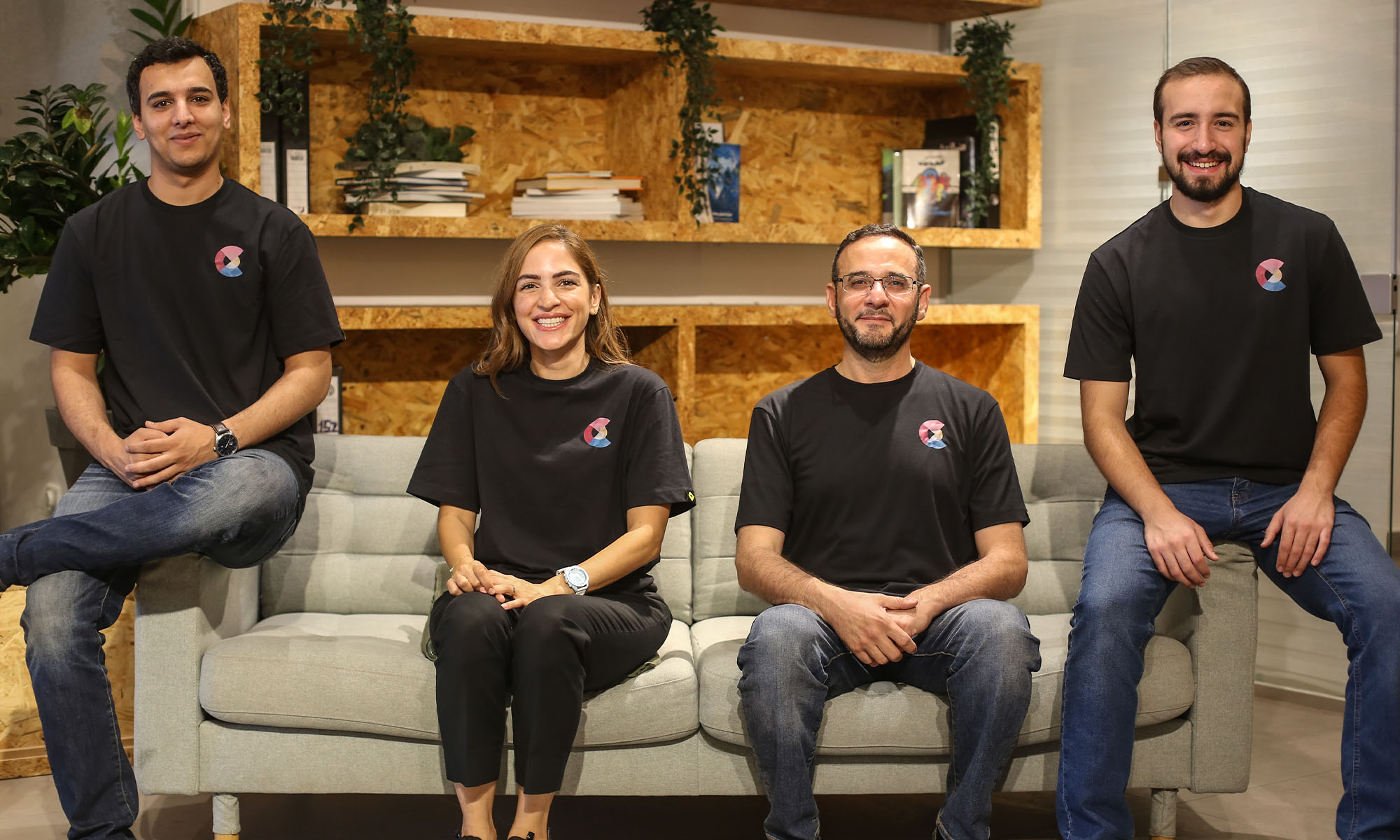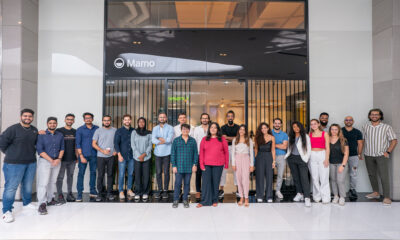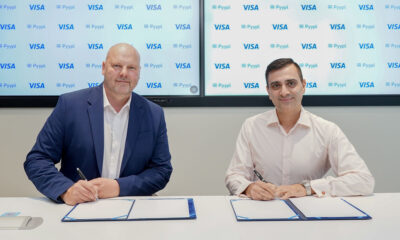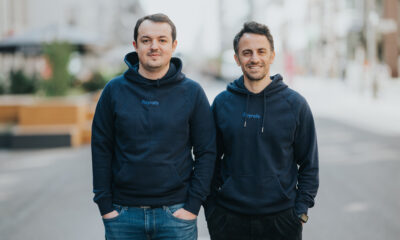News
Capifly Finishes Successful $1M Pre-Seed Funding Round
The Jordanian startup has also initiated a $10 million Shariah-compliant, non-dilutive capital facility.

Jordan-based Capifly has announced a successful $1 million pre-seed funding round. In addition, the tech startup is also preparing to launch a $10 million non-dilutive capital facility to coincide with its recent expansion into Saudi Arabia.
Capifly unlocks value in the digital economy by offering a proprietary credit scoring technology across a wide range of sectors, including SaaS, gaming, enterprise software, and internet-based virtual goods. The company is rapidly becoming a leader in providing non-dilutive capital — a style of funding that doesn’t require giving up equity or ownership.
Capifly’s CEO and co-founder, Dunya Bashiti, said, “Our vision positions Capifly at the forefront of the internet’s GDP growth. Our unique technology isn’t just for our use; we’re gearing up to underwrite debt for other financial institutions, solidifying Capifly’s key role in the digital era”.
Funders — including Oasis500, BLDR Ventures, Ahli Fintech, Joa Capital, and various angel investors from Jordan and the KSA — have backed Capifly’s growth and ongoing MENA expansion. According to Ahmed Jaradat, Capifly’s CTO and co-founder, the investors’ belief in Capifly’s vision and technological strengths has been invaluable. “The journey is just beginning, and their continued support propels us forward”.
Also Read: A Guide To Digital Payment Methods In The Middle East
Capifly’s ambition doesn’t stop with Middle Eastern expansion. The company’s long-term strategy includes growth across pivotal emerging markets for Islamic financing, with a particular focus on Southeast Asia, where Capifly has already gained a foothold through using Malaysian registration.
The MENA virtual goods market is currently valued at over $15 billion and is estimated to grow by another $10 billion before 2025. The addition of non-dilutive capital from players like Capifly means the market could soon grow at an even greater pace than is currently forecast.
News
Mamo Completes $3.4M Funding Round To Enhance Fintech Services
The startup will use the influx of cash to expand into Saudi Arabia and across the wider GCC while improving its product offering.

UAE-based fintech Mamo has announced the completion of a $3.4 million funding round that will help the startup extend its market presence and improve its product offering. Investors included 4DX Ventures, the Dubai Future District Fund and Cyfr Capital.
Mamo’s platform offers “payment collection, corporate cards and expense management” to help small and medium-sized businesses consolidate and streamline their operations. With the latest influx of capital, Mamo will further develop its comprehensive suite of services and begin testing its product lines in Saudi Arabia, further extending its footprint across the GCC.
Imad Gharazeddine, co-founder and CEO of Mamo, stated: “We’ve been in the market for a while now and are incredibly proud of what our team has achieved. The holistic and expansive nature of our product offering has helped us continue to grow sustainably. This additional funding will allow us to reach our medium-term goals even faster. The support from new and existing investors is a testament to our strong expertise and the ability to deliver on our customer promise”.
Daniel Marlo, General Partner of lead investor 4DX Ventures, added: “We have immense trust in Imad’s vision, leadership and Mamo’s innovative approach to provide a user-friendly and comprehensive financial solution for SMEs that makes financial management more accessible and efficient. We are proud to partner with them and support their mission”.
Also Read: A Guide To Digital Payment Methods In The Middle East
Amer Fatayer, Managing Director of Dubai Future District Fund’s investment team, also commented: “Mamo’s localized product lines serve as an infrastructure for SME payments and spend management in UAE, a segment that is underserved by the country’s current banking infrastructure. The team has taken a product-first approach to consolidating SMEs’ financial journeys and building a fintech solution deeply embedded in a business’s core operations”.
To date, Mamo has raised around $13 million in investment funding and now boasts a team of 30 people. The company’s intuitive financial services platform has allowed over 1,000 businesses to consolidate their financial operations and significantly reduce payment fees.
-

 News4 weeks ago
News4 weeks agoAmazon Prime Day 2024: Get Ready For 6 Days Of Amazing Deals
-

 News4 weeks ago
News4 weeks agoSamsung Unpacked 2024: What To Expect From The July 10 Event
-

 News3 weeks ago
News3 weeks agoCoursera Report Shows Surge In UAE Interest In AI Upskilling
-

 News4 weeks ago
News4 weeks agoMeet Dubai’s Groundbreaking Smart Robot Delivery Assistant















